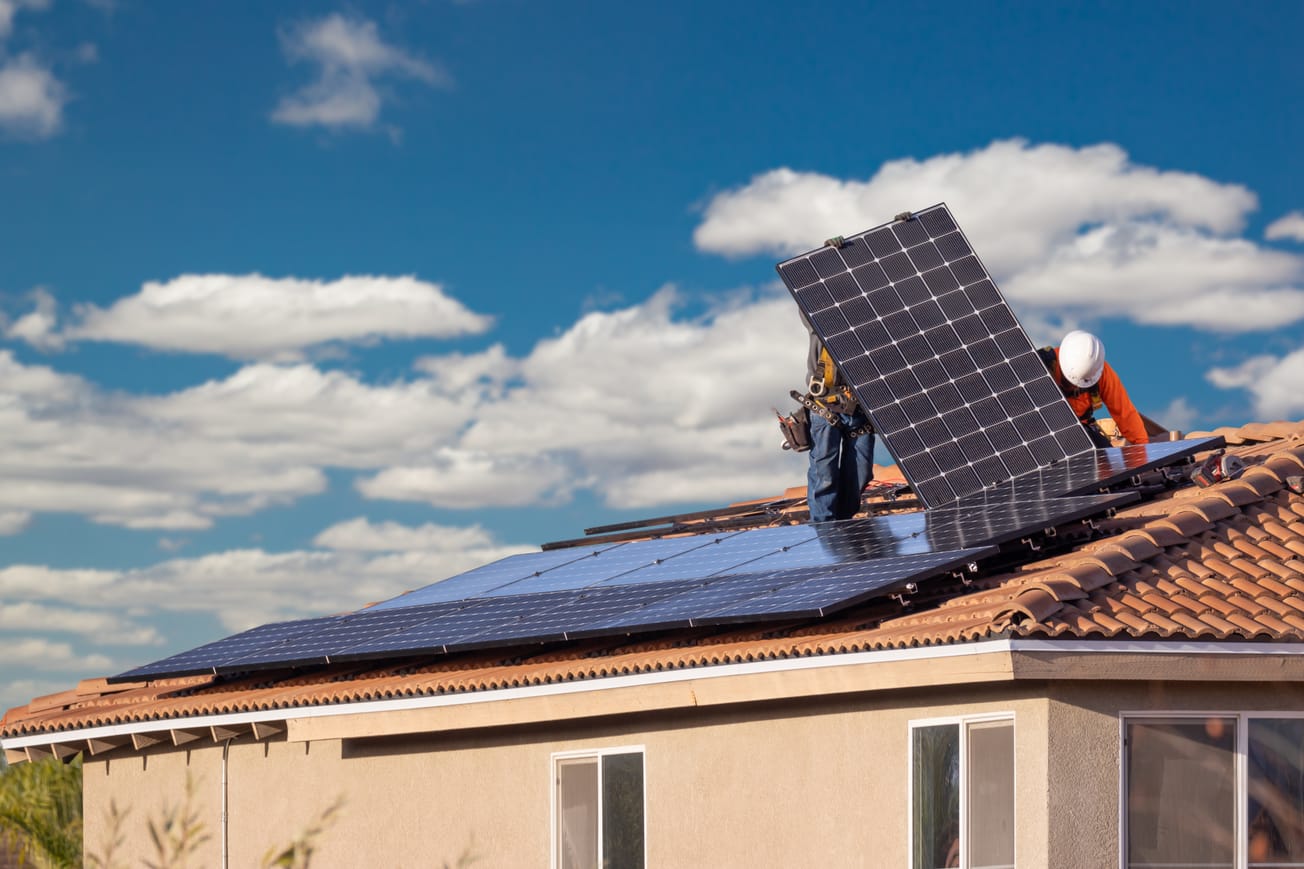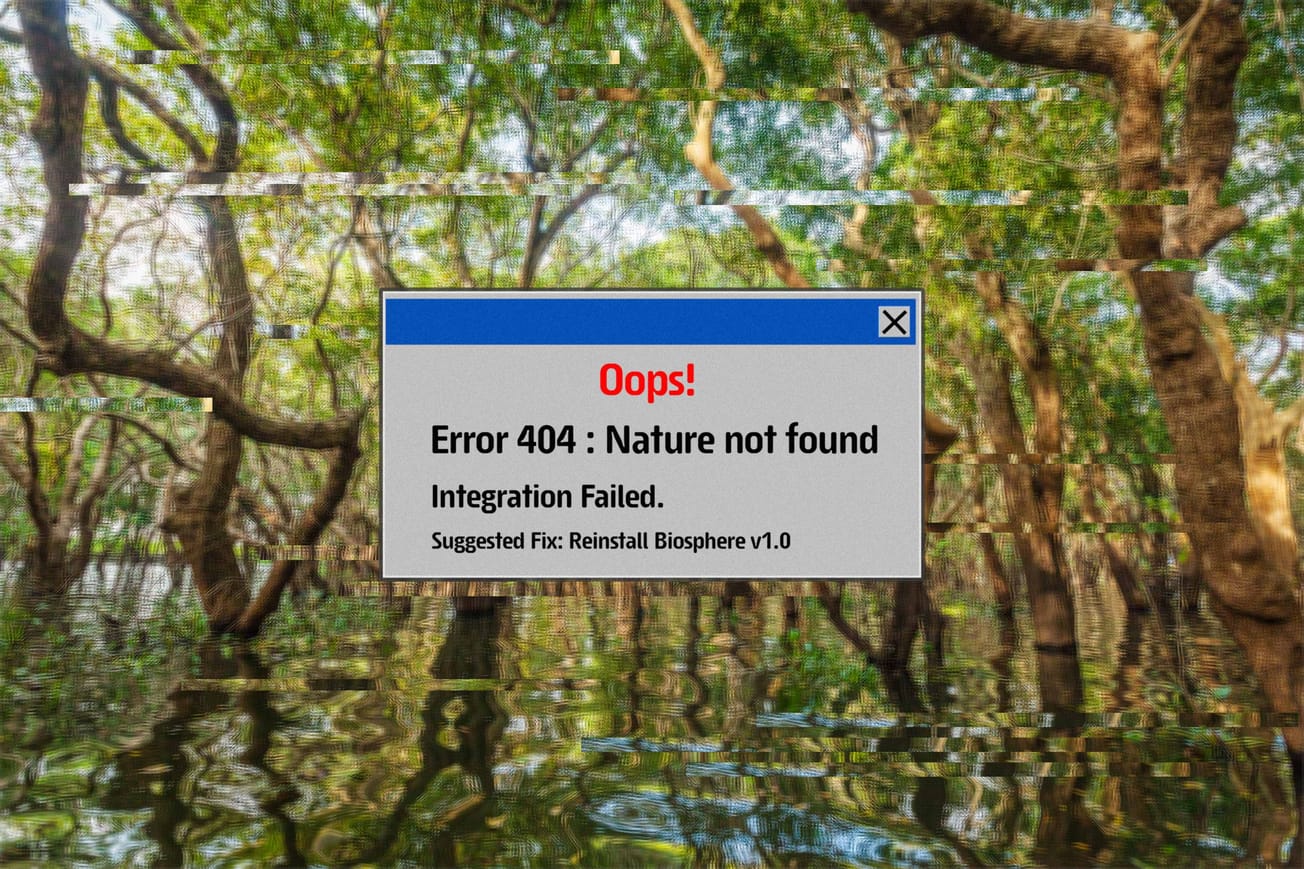The American residential solar industry which was once a shining symbol of clean energy innovation, job creation, and technological promise now teeters on the edge of collapse. A sector that until recently boasted double-digit growth and inspired hope for a sustainable energy future has devolved into a cautionary tale of policy instability, corporate mismanagement, and the peril of allowing critical infrastructure to be tossed around as a political bargaining chip.
The numbers are unambiguous and alarming. In 2024, residential solar installations fell by a staggering 31%. Industry leaders such as SunPower, Sunnova, and Mosaic Solar have tumbled into bankruptcy in quick succession, casualties not of technological failure, but of a system that failed to protect its own future. The most recent blow came in June 2025, when Sunnova Energy filed for Chapter 11 with $10 billion in debt, slashing over half its workforce in a last-ditch effort to survive.
This is not a routine market correction. It is the systematic dismantling of an industry that once employed hundreds of thousands of Americans, drove billions in domestic investment, and stood at the forefront of the country’s transition to a clean energy economy. Its unraveling exposes the fragility of progress when long-term vision is sacrificed to short-term politics.
The Perfect Storm of Policy Destruction
he immediate trigger for the collapse can be traced to a series of calculated policy reversals that have systematically eroded its economic foundation. Chief among them is the so-called “One Big Beautiful Bill Act,” a sweeping legislative package that passed the House by a single vote and now awaits Senate deliberation. Buried within its provisions lies a devastating blow: the elimination of the 30% federal tax credit for residential solar installations just 180 days after enactment. This abrupt, cliff-edge rollback provides no transition period for an industry that relies on long-term planning and investment stability, effectively pulling the rug out from under homeowners, installers, and clean energy financiers alike.
But the bill’s damage doesn’t stop at subsidy removal. It goes further by explicitly disqualifying residential solar leasing companies from the 48E investment tax credit, even as it preserves full benefits for commercial and utility-scale projects through 2029. This selective targeting reveals not just a policy blind spot, but a deeper ideological bias: one that favors centralized, corporate-controlled power generation over distributed, community-driven energy solutions. It reflects a fundamental misunderstanding of how renewable energy ecosystems thrive and hints at a deliberate attempt to tilt the playing field toward entrenched energy interests.
These federal rollbacks have been further compounded by executive action. The Trump administration’s cancellation of a $2.92 billion Department of Energy loan guarantee, previously granted to Sunnova, has sent shockwaves through financial markets. Such retroactive reversals undermine investor confidence and reinforce the perception that America’s clean energy policy is hostage to political whims, rather than guided by long-term economic, environmental, or national security imperatives.
Taken together, these actions amount not to reform, but to sabotage. They are an unraveling of hard-won progress in pursuit of short-term ideological gain, with consequences that will ripple far beyond the solar industry itself.
California's Betrayal of Consumer Trust
While federal rollbacks dominate the headlines, the unfolding crisis in California, the nation's largest and most influential rooftop solar market, demonstrates that state-level policy failures can be just as devastating. The California Public Utilities Commission’s decision to slash net metering compensation by roughly 75% has upended the economic calculus for residential solar. Homeowners who once saw clean energy as a viable investment now face significantly extended payback periods and weakened financial incentives, dismantling the long-term viability of rooftop solar across the state.
Even more alarming is the potential passage of Assembly Bill 942, a deeply controversial proposal that would retroactively dismantle nearly 2 million legally binding solar agreements. Introduced by Assemblymember Lisa Calderon, a former Southern California Edison employee, the bill would revoke 20-year net metering contracts for homeowners who sell or transfer their property. These customers would be forced into a far less favorable net billing tariff effectively stripping them of the financial assurances they were promised at the time of installation.
This is more than bad policy; it is a fundamental betrayal of public trust. When California established its 20-year net metering terms in 2013, then-Governor Jerry Brown was explicit: customers must be “protected under those rules for the expected life of their systems.” AB 942 would violate that principle outright. It is the regulatory equivalent of an automaker slashing a 10-year warranty to five years with no cause, a move that would provoke legal backlash and irrevocably damage consumer confidence.
The retroactive nature of these changes cannot be overstated. They do not merely disrupt future installations; they destabilize the very foundation of clean energy investment by signaling that contracts are conditional, and that policy promises are subject to reversal at any time. If California, a state that once led the world in solar innovation, can break its word, what message does that send to families, businesses, and investors across the country?
In this light, the crisis in California is not just about solar economics. It is about the integrity of public institutions, the durability of climate commitments, and the urgent need to restore faith in the clean energy transition.
Economic Carnage and Human Cost
The human and economic fallout from this policy-driven collapse extends far beyond corporate boardrooms and Wall Street balance sheets. According to the Solar Energy Industries Association, the elimination of federal solar tax incentives is projected to wipe out 330,000 jobs, shutter or cancel 331 factories, and erase nearly $300 billion in local investment across the United States. The irony is as bitter as it is profound: the majority of these job losses would strike hardest in states that voted for President Trump in 2024, communities that are now paying the price for policies enacted in their name.
The toll on small businesses is equally heartbreaking. Allan O’Shea, owner of CBS Solar in rural Michigan, runs his company with his wife and sons, employing 25 people, many without college degrees, supporting families in economically vulnerable communities. With the removal of the 30% federal tax credit, O’Shea explains, customer payback periods would double from 10 to 20 years, rendering solar installations financially unworkable for the vast majority of homeowners. His company, like many others, faces likely closure due to abrupt policy changes made without even a token transition period. “You’re just talking about pulling the rug out from under the residential solar industry,” he said, a sentiment echoed by small business owners across the country.
What makes this collapse even more unforgivable is the speed at which it is unfolding. Rather than implementing a phased adjustment as is standard for major economic policy shifts, lawmakers have chosen a cliff-edge approach that creates instant market chaos. Businesses have no time to adjust pricing models, retool operations, or seek alternative revenue streams. This is not merely careless. It is economically reckless. Whether born of deep misunderstanding or deliberate sabotage, the result is the same: a manufactured crisis that threatens to dismantle one of the fastest-growing, job-creating sectors in the American economy.
In the name of political theater, we are sacrificing livelihoods, squandering billions in investment, and undermining a key pillar of the clean energy transition leaving families, workers, and entire communities to pay the price.
Structural Failures and Missed Opportunities
While abrupt policy reversals have served as the immediate catalyst for the current solar crisis, they have merely exposed deeper structural vulnerabilities that have long plagued the U.S. residential solar industry. Chief among these is the overwhelming burden of so-called “soft costs.” These are expenses tied not to panels or hardware, but to permitting, inspections, grid interconnection, customer acquisition, and administrative overhead. According to the Solar Energy Industries Association, these soft costs account for more than 65% of total installation expenses in the United States, pushing average residential system prices to over $2.89 per watt, more than triple the cost in countries like Australia, where similar systems can be installed for $0.89 per watt.
Australia's success story offers a stark contrast and a sobering blueprint for what might have been. In regions of Australia, over 40% of homes are equipped with rooftop solar. This wasn’t achieved through radical technological innovation, but through consistent policy support, simplified permitting, and a regulatory environment that actively facilitates clean energy adoption. The comparison underscores a painful truth: even the most promising technologies can be stalled or sabotaged by inconsistent policies and regulatory gridlock.
Compounding these challenges is the fragile financial architecture underpinning much of the U.S. solar sector. Companies like Sunnova expanded through aggressive, debt-heavy growth models, leaving them dangerously exposed when policy tides turned and capital dried up. Yet this strategy was not born of recklessness; it was a rational, if risky, response to an irrational policy environment. With incentives fluctuating wildly and long-term stability nowhere in sight, solar companies were forced to scale quickly to survive. Their downfall is not simply a story of overreach. It is a direct consequence of a political and regulatory framework that treated vital infrastructure as a partisan bargaining chip rather than a national priority.
In the end, what has been lost is not just market share or corporate value, it is the opportunity to build a decentralized, resilient, and people-powered energy future. The U.S. residential solar industry didn’t fail on its own; it is being destroyed by shortsighted policy, regulatory inertia, and the persistent refusal to treat clean energy as the essential infrastructure it truly is.
The Broader Implications
The collapse of the American residential solar industry is more than a market failure. It is a profound retreat from the clean energy transition at the very moment when science, economics, and morality demand acceleration. At a time when the world must be moving decisively toward decarbonization, the United States is stepping back, abandoning its role as a global leader in renewable energy. Meanwhile, China, the European Union, and other forward-looking nations are doubling down on solar, capturing the technological, economic, and geopolitical advantages that U.S. policy failures have so readily surrendered.
The consequences of this retreat go well beyond missed business opportunities. They cut to the core of national security and energy sovereignty. Distributed solar generation reduces dependence on centralized grids, enhances resilience against natural and man-made disruptions, and weakens reliance on volatile global fossil fuel markets. It creates local jobs, attracts domestic investment, and builds long-term infrastructure rooted in community benefit. By actively dismantling this capacity, current U.S. policy is not just slowing progress, it is exposing the nation to greater vulnerability, economic instability, and foreign energy influence.
Perhaps most troubling, however, is what this crisis reveals about the state of American governance. When long-standing clean energy incentives are stripped away without warning, when legally established contracts are retroactively broken, and when bipartisan support for energy innovation is replaced by political sabotage, the consequences ripple far beyond the solar industry. These actions erode the trust on which all major infrastructure transitions depend. They send a chilling message to global investors and innovators: that the United States is no longer a reliable partner in building the future.
In this failure, America not only forfeits leadership, it forfeits credibility. And in the race to stabilize the climate, credibility is not a luxury; it is a prerequisite for survival.
A Preventable Catastrophe
The collapse of America’s residential solar industry was not an accident of economics or a failure of technology. It was simply the consequence of deliberate policy choices. At a time when the world needed bold leadership and sustained investment in clean energy, U.S. lawmakers prioritized short-term political gain over long-term economic resilience and environmental responsibility. An industry that once employed hundreds of thousands of Americans and attracted billions in private capital is being systematically dismantled, undone by federal policy reversals, state-level betrayals of public trust, and a regulatory architecture designed to favor entrenched utilities over innovation.
This unraveling was not inevitable. Other nations have shown that with clear, consistent, and long-term policy frameworks, energy transitions can thrive, attract investment, create jobs, lower emissions, and strengthen national resilience. America’s failure to follow this path reflects not a lack of capacity, but a failure of will. It is a choice that has left the nation trailing in a global race it once led.
The path forward begins by acknowledging that energy infrastructure cannot be treated as a partisan wedge issue. The stakes are too high. Successful transitions demand policy stability, investment predictability, and a commitment to the public good. Without these, even the most promising industries can be brought to their knees.
The question now is whether U.S. policymakers will confront the magnitude of this self-inflicted wound and act accordingly. Will they begin to rebuild what has been lost or will America resign itself to a future where it imports not only its energy, but also the technologies and innovations that drive global progress.
Subject: Oppose Attacks on Residential Solar and Protect America’s Clean Energy Future
Dear [Senator/Representative] [Last Name],
I am writing as your constituent to urge you to oppose any legislation, such as the “One Big Beautiful Bill Act” that would dismantle critical clean energy incentives and undermine the future of residential solar in America.
The proposed elimination of the 30% federal tax credit for residential solar, along with targeted restrictions on solar leasing providers, threatens to decimate a once-thriving industry that has created hundreds of thousands of American jobs, attracted billions in private investment, and empowered homeowners across the country to participate in the clean energy transition.
This is not a partisan issue. It is an economic, environmental, and national security imperative. Stripping away support for residential solar will:
- Eliminate an estimated 330,000 jobs
- Close or cancel over 300 solar manufacturing facilities
- Erase nearly $300 billion in local investment
- Increase our dependence on centralized power and foreign energy sources
- Betray the trust of millions of Americans who installed solar based on existing policy commitments
Worse still, these changes are being proposed without any transition period, pulling the rug out from under small businesses, workers, and families who relied on the stability of federal energy policy to plan for the future.
This is not just poor governance but a deliberate step backward at a time when global climate leadership and clean energy innovation should be among our highest priorities. While other nations race ahead in the clean energy economy, these proposed policies threaten to make the United States an importer of energy innovation.
I urge you to stand up for American jobs, renewable energy independence, and long-term prosperity by rejecting any legislation that weakens support for residential solar or punishes the very communities driving our transition to a sustainable future.
We cannot afford to sacrifice long-term progress for short-term politics. Please do the right thing.
Sincerely,[Your Full Name][Your Address][Your City, State, ZIP][Email Address][Phone Number]













